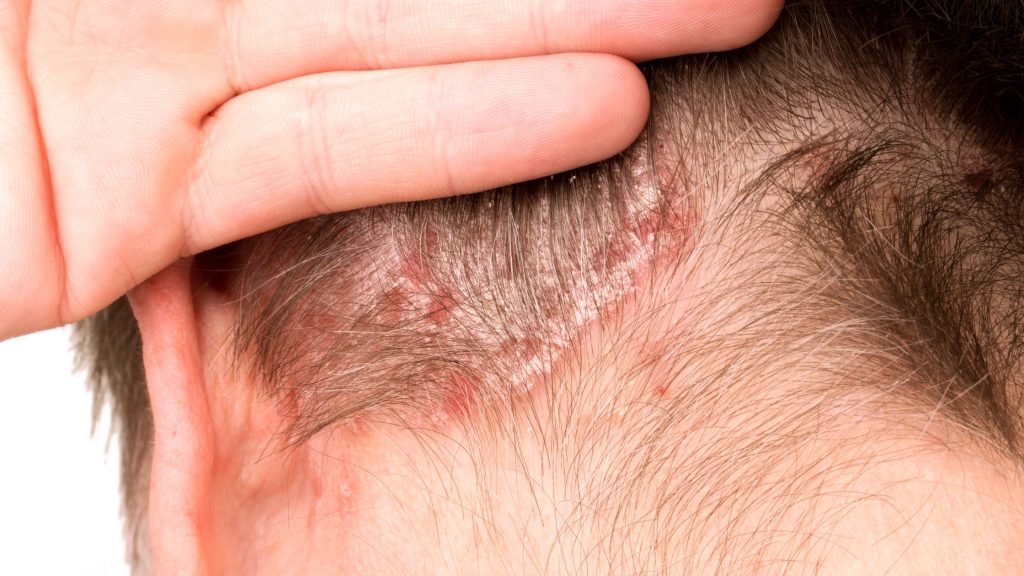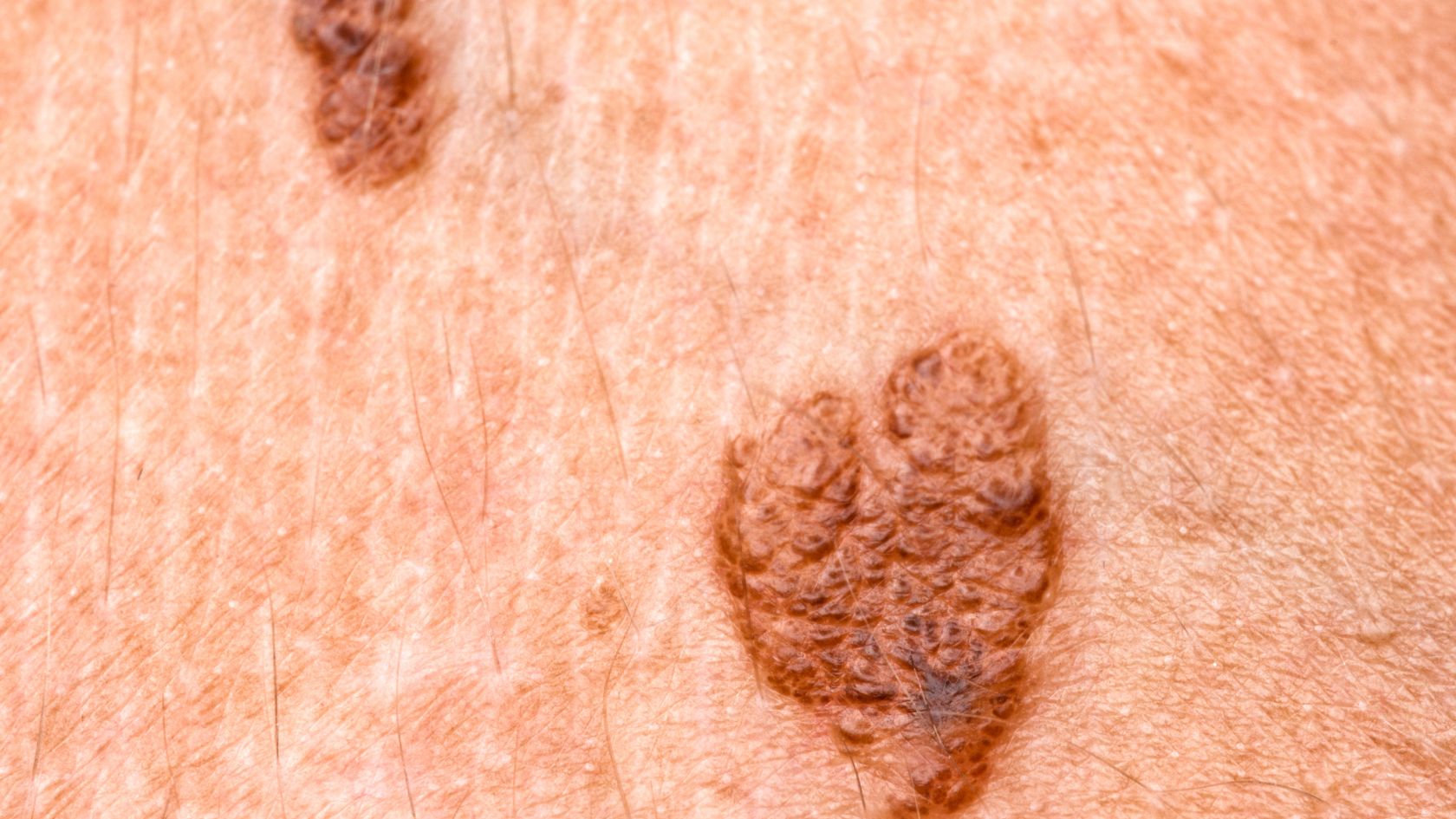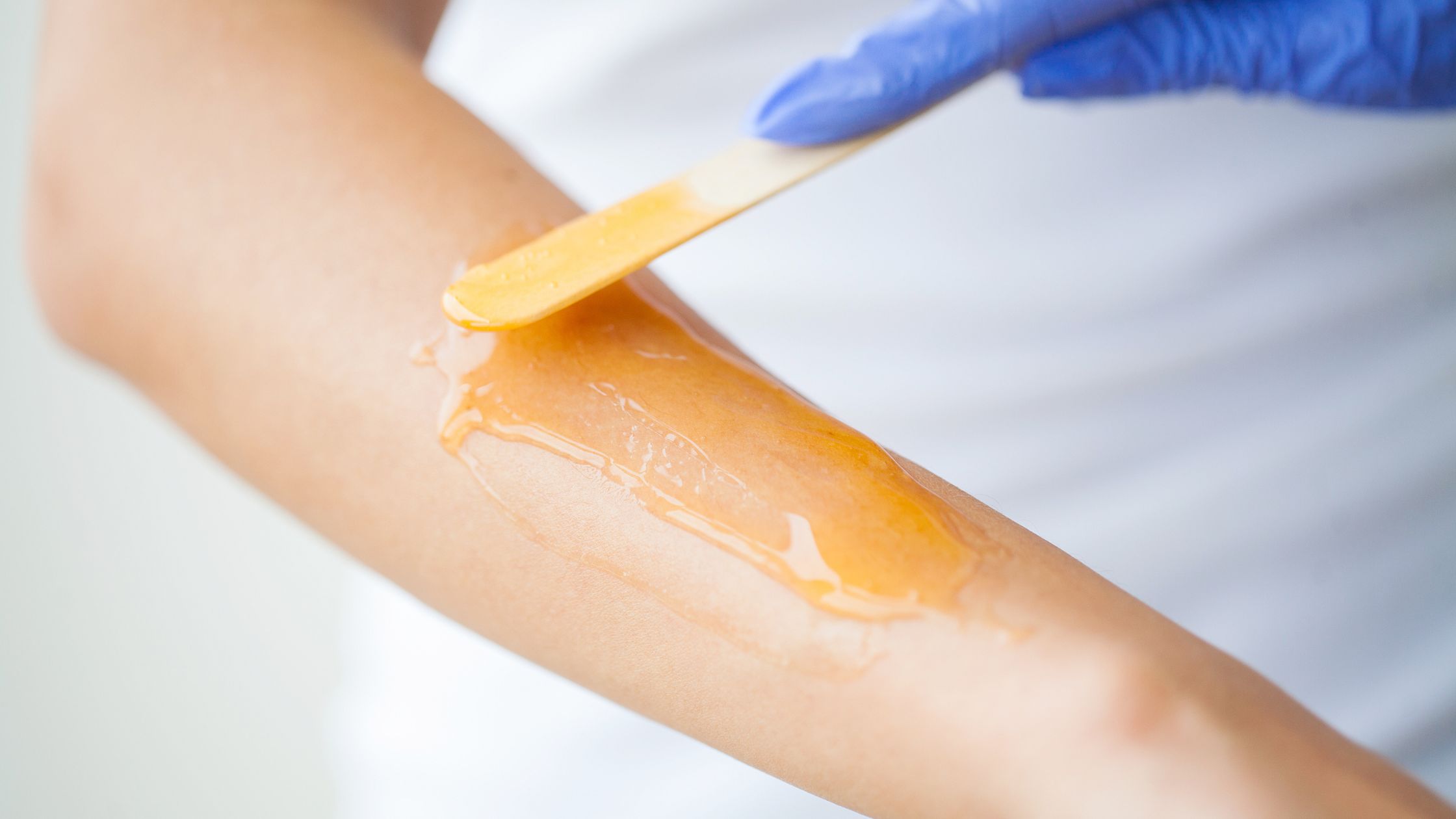What is Scalp Psoriasis?
Scalp psoriasis is a chronic autoimmune condition. People suffering from this condition typically experience reddish and scaly patches on their scalp. While some experience only mild scaling, there are many who have thick, crusted plaques. In simple terms, this condition is caused when your body’s immune system mistakenly attacks healthy skin cells in the scalp. This results in rapid skin cell buildup and silvery scales. Unfortunately, this condition can even lead to occasional and temporary hair loss. While anyone can develop scalp psoriasis at any point in time, it is often inherited and linked to genetic predispositions.
What are the Causes of Scalp Psoriasis?
A variety of factors influence scalp psoriasis. Understanding these causes is the first step to managing the condition and minimizing flare-ups.
- An overactive immune response results in rapid skin cell production, causing scaly patches.
- There are plenty of environmental and psychological factors like stress, cold and dry weather, and streptococcal infections.
- Smoking and alcohol consumption can worsen the symptoms
- Certain drugs like beta blockers, lithium, antimalarials, and NSAIDs can all trigger or worsen scalp psoriasis.
- A family history of psoriasis increases the chances of developing the condition.
- Puberty, pregnancy, and menopause can all trigger or worsen flare-ups.
How to Identify a Scalp Psoriasis?
Scalp psoriasis can come in all forms and sizes. If you notice any of the below symptoms, consult your dermatologist right away, who can suggest the best possible course of action:
- Raised patches that appear red on lighter skin or purple on darker skin. This is usually the first noticeable sign.
- You experience patches that are covered with thick scales. They are usually silvery-white on lighter skin and grey on darker skin.
- Many experience excessive flaking that seems very similar to dandruff. However, the difference is that scalp psoriasis is more prominent and widespread.
- Affected areas can become extremely dry. This can cause some level of discomfort and potential skin cracking.
- Persistent itching is another classic symptom. It often leads to scratching, which worsens the condition.
- Some experience a burning or stinging feeling. It adds to the discomfort.
- The scalp may feel sore or tender. This is particularly true if scratched or if scales are removed forcefully.
- While the condition itself doesn’t directly cause hair loss, excessive scratching or damage to hair follicles can lead to temporary hair thinning. Thankfully, the hair typically regrows once the condition is under control.
How is Scalp Psoriasis Diagnosed?
If you experience any of the above symptoms, do not wait; head straight to your dermatologist. At Renu’s clinic, we will diagnose your condition in the following way:
- We will first examine your scalp and other areas for hallmark symptoms. It is usually red or purple patches with silvery-white or grey scales. Along with this, we will carefully review your medical history for relevant factors. Most of the time, this is enough to diagnose scalp psoriasis.
- If required, we will conduct a dermatoscopy, where a dermatoscope(magnifying device) will help us take a closer look at skin lesions. This will help us distinguish scalp psoriasis from other conditions like seborrheic dermatitis or fungal infections.
- If we are still uncertain, we will do a biopsy, where a small sample of the affected skin will be taken and analyzed under a microscope. This will help us confirm the diagnosis and rule out similar conditions.
- Rarely, we might ask you to get an allergy test and blood test to exclude allergic reactions mimicking psoriasis symptoms and rule out other illnesses with similar signs. It will also help us identify related conditions like psoriatic arthritis.
How is Scalp Psoriasis Treated?
Based on the severity of your condition, we will create a treatment plan. While not every dermatologist will follow the same treatment, there are certain common treatment options for this condition. They are:
Topical Treatments
This is often the first line of defense for scalp psoriasis. Dermatologists prescribe corticosteroids to reduce inflammation and itching. They are available in various forms, such as creams, lotions, gels, and foams. Along with it, dermatologist might prescribe coal tar. It is usually found in shampoos and ointments. It alleviates scaling, itching, and inflammation. Salicylic acid is also combined with them to soften and remove scales.
Phototherapy
Phototherapy involves controlled exposure to ultraviolet light. This can help manage scalp psoriasis by slowing skin cell growth. UVB light therapy is commonly performed in clinical settings or with home-use phototherapy devices. There is also the excimer laser, which offers a more targeted form of phototherapy. It uses a high-intensity UVB beam to treat localized areas of psoriasis.
Systemic Therapies
Systemic therapies are typically reserved for moderate to severe cases of scalp psoriasis. In this treatment type, dermatologists give oral medications to suppress immune system activity and reduce excessive skin cell turnover. For severe cases, oral retinoids may be prescribed to slow skin cell production. However, they may require close medical supervision due to potential side effects.
Combination Therapy
Combination therapy often produces yields the best results for managing scalp psoriasis. This approach involves using multiple treatments. It could be pairing topical medications with phototherapy or systemic therapies with other interventions. The goal is to reduce symptoms Cand enhance the overall quality of life for individuals living with scalp psoriasis.
Best Dermatologist in HSR Layout for Scalp Psoriasis
Scalp psoriasis is a chronic but manageable condition that requires a comprehensive understanding of its causes, symptoms, and treatment options. This article would have given you an understanding of these aspects of this condition. If you notice any of the discussed symptoms of scalp psoriasis and you stay in Bengaluru or its vicinity, visit Dr. Renu’s clinic at HSR layout for a personalized treatment. Book an appointment right now.












